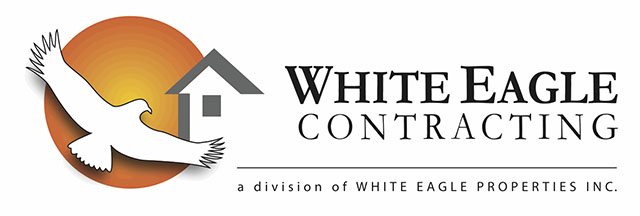Chris Winney, a real estate agent with Royal LePage, presented the following information at the 2011 Fall Cottage Life Show.
1. Privacy: You have to decide how much privacy you would like to have at your cottage. How close do you want your neighbours to be? Do you want to be on a crowded, busy lake, or a quiet one with only a few cottages?
2. Accessibility: Cottages that are accessible only by water are generally less expensive, though you have to add in the cost of buying and maintaining a boat, plus marina expenses and the added travel time. If you want to use your cottage year-round, you’ll want to buy one with road access, though you may need a four-by-four to get there at certain times of the year, when the roads are muddy or unplowed. (And remember: Water-access cottages are accessible in winter by snowmobile, so even if you don’t go, strangers, and possibly intruders, will be able to get there.)
3. Lake: The size of the lake often dictates the kinds of activities that can take place there. A small lake means there will be less boating and fewer motorized boats. Medium lakes tend to be fishing lakes. And a large lake will mean you could do almost any activity.
4. Waterfront: Find out if the seller owns the waterfront. In many ways it is to your advantage to buy the shoreline road allowance (the 66-foot strip of land back from the high-water mark) from the municipal government, if possible, especially if you want to build anything on that land.
5. Waterfront, again: What kind of shoreline do you want to have? Do you want a sandy beach with a long, shallow walk into the lake, or would you like to be able to dive off a dock into deep water?
6. Surroundings: Be mindful of what is around any prospective cottage. For instance, it may not be desirable to have a hydro tower nearby if you are concerned about the electromagnetic field, but if you plan to rent the cottage out and the towers are not spoiling the view, your renters may not mind the tower for the short period of time they are there. A cottage surrounded by Crown land will have more privacy and fewer neighbours.
7. View: An elevated setting will afford a better view, but will mean stairs down to the water (kids don’t mind the climbing; older cottagers will). Also, most people want to see sunsets, so a cottage should be situated to allow that.
8. Travel time: Set your limit, but remember that an extra 15 minutes may mean a better deal. A compromise on travel may mean that you can get what you’re looking for at a good price.
9. Roads: Will the lane be maintained year-round? Your mortgage lender and insurer will charge you more if not.
10. Realtor: A local realtor will know about the township and will know about the properties you are looking at. They will also refer you to a local lawyer; if you use a lawyer who isn’t from the area, that lawyer will have to hire a local lawyer anyway and you will end up paying more.
11. Lots: The best lots have already been built on. It is easier to buy an existing cottage and then change it than it is to buy an empty lot and build from scratch.
12. Legislation: There are restrictions on what you can do on shorelines, if you want to build a new dock, for example.
13. Systems: Do you want to have hydro? Is hydro available? How do you get water at the cottage (drilled well, dug well, from the lake)? Is there a woodstove that will need a WETT inspection? It’s worth paying for a home inspection and being there with the inspector to review the systems and the structure.
14. Information sources: Find out more about a region from township officials, official plans, local tourist associations, local realtors and lawyers, lake associations, cottagelife.com.
15. Feel: First thing to do at a waterfront property is to go down to the water. Will the property suit you and your needs? Look at where the cottage sits, what’s around it, and what it faces; where the sun is, where the sun will be in the morning, at midday, in the evening. Step in the water: Is the shoreline sandy, hardpack, rocky, silty? A good way to test out a lake is to rent a cottage there. Also, look at cottage rental sites and read the comments from previous renters.



